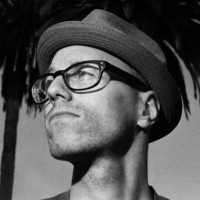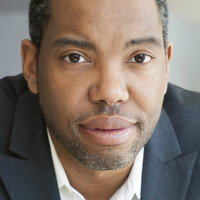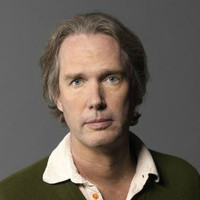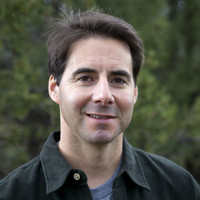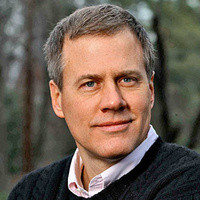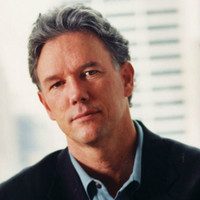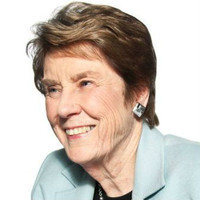Kliph Nesteroff writes for WFMU's Beware of the Blog. His book, The Comedians: Drunks, Thieves, Scoundrels, and the History of American Comedy, was released in November.
“Well, comedy always becomes stale. Whether it’s offensive or not offensive, it has an expiry date, unfortunately. A lot of people don’t want to hear this because that means a lot of their favorite comedians suddenly become irrelevant. But that’s the history of comedy: the hippest, coolest guy today—whoever that is to you in comedy—50 years from now, the new generation is going to say, ‘That guy’s not funny, and he’s square.’ And they’re going to say, ‘This new young guy is funny.’ But in another 50 years that guy becomes the square who isn’t funny. And it’s not that they weren’t funny and everybody was wrong; it was that that person was relating to their time.”
Thanks to MailChimp, Casper, Squarespace , and CreativeLive for sponsoring this week's episode. If you would like to pitch in, please become a Longform Supporter.
